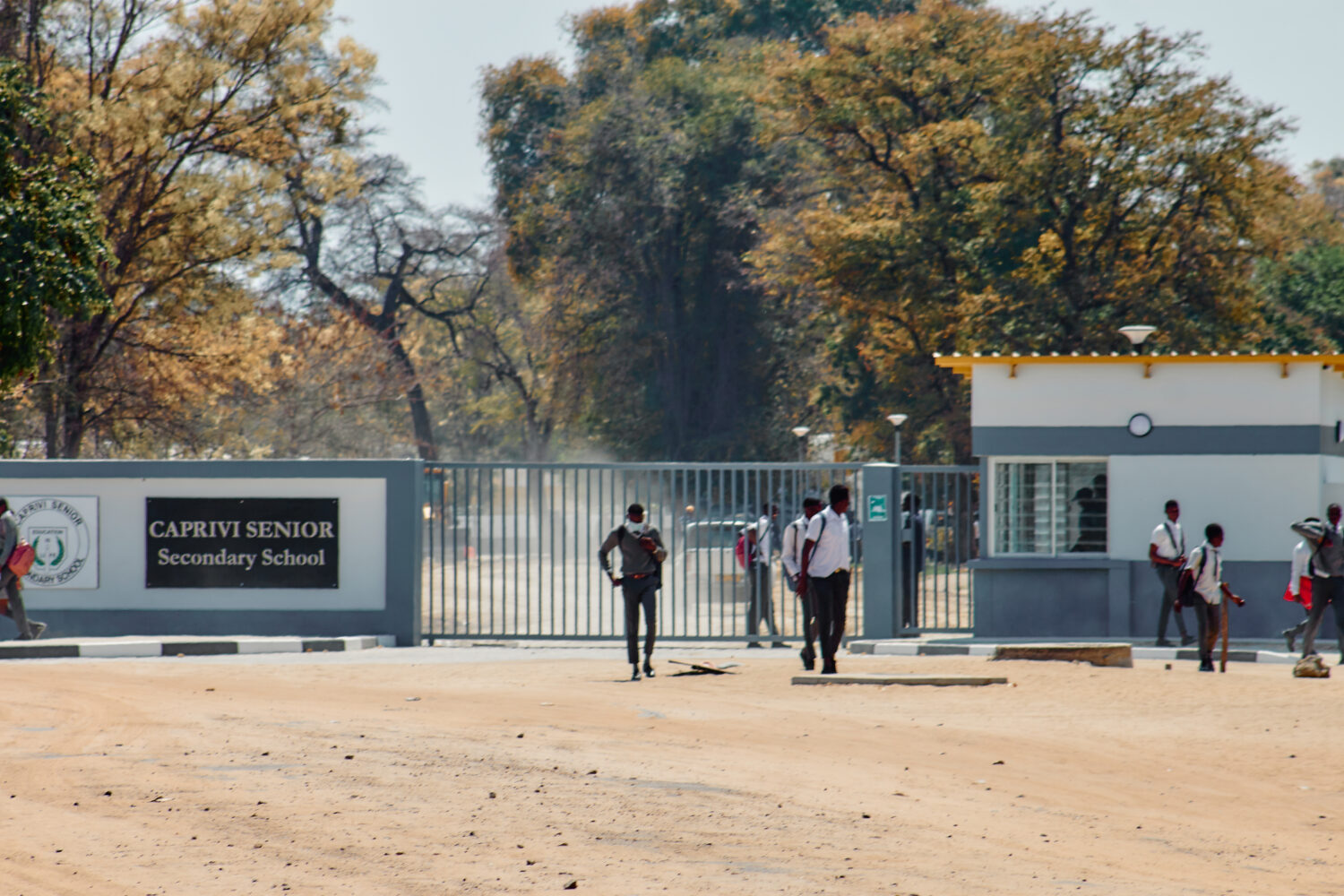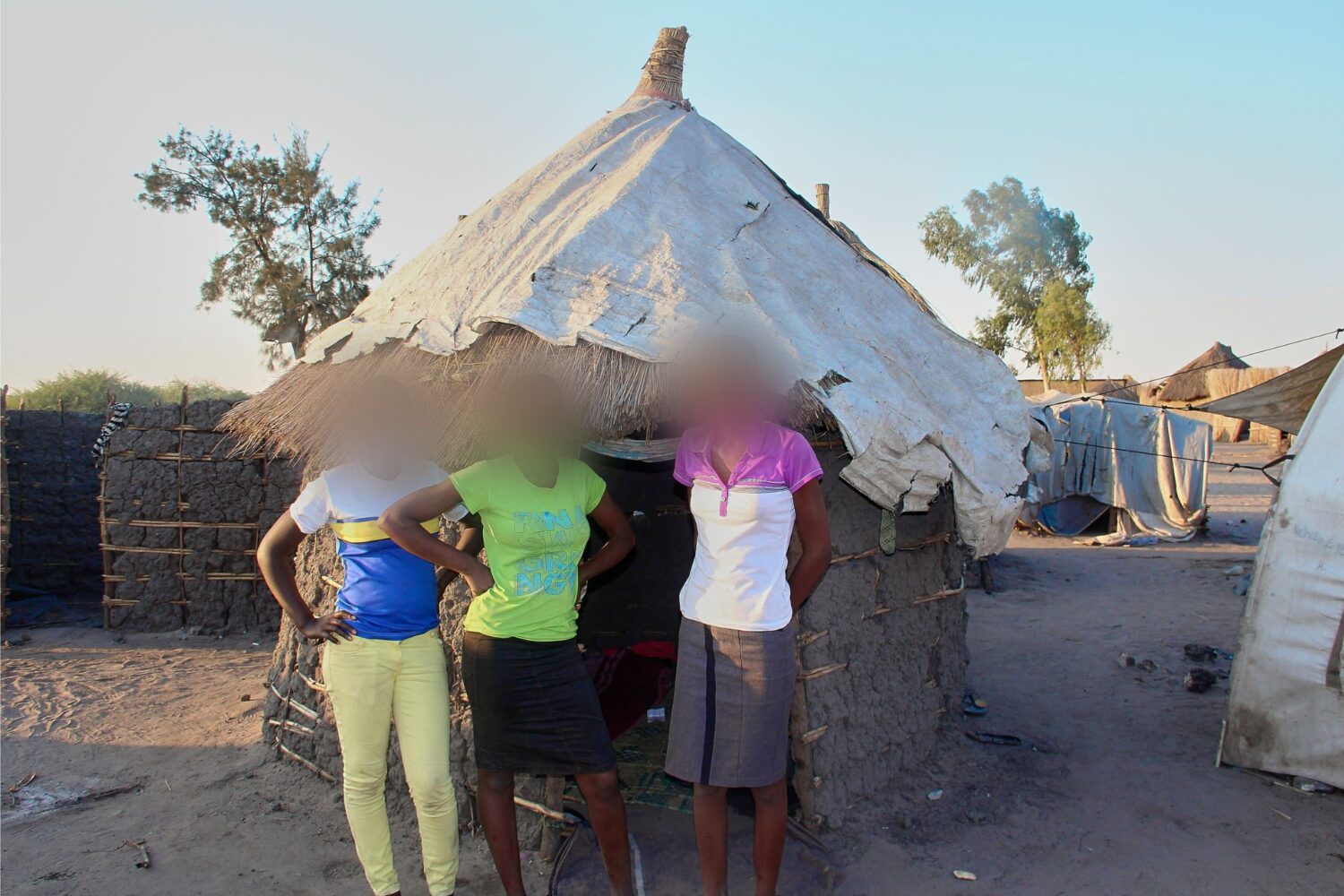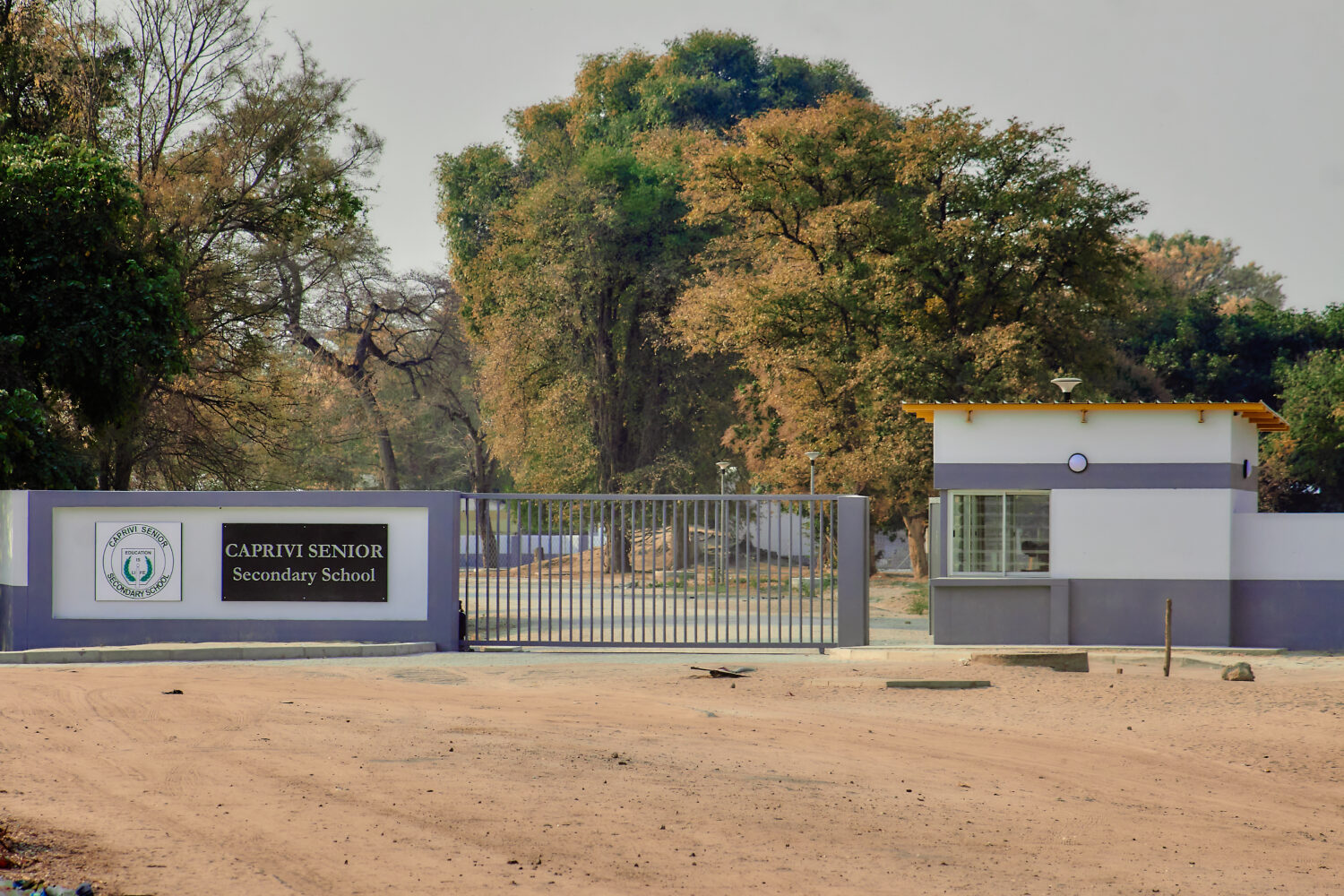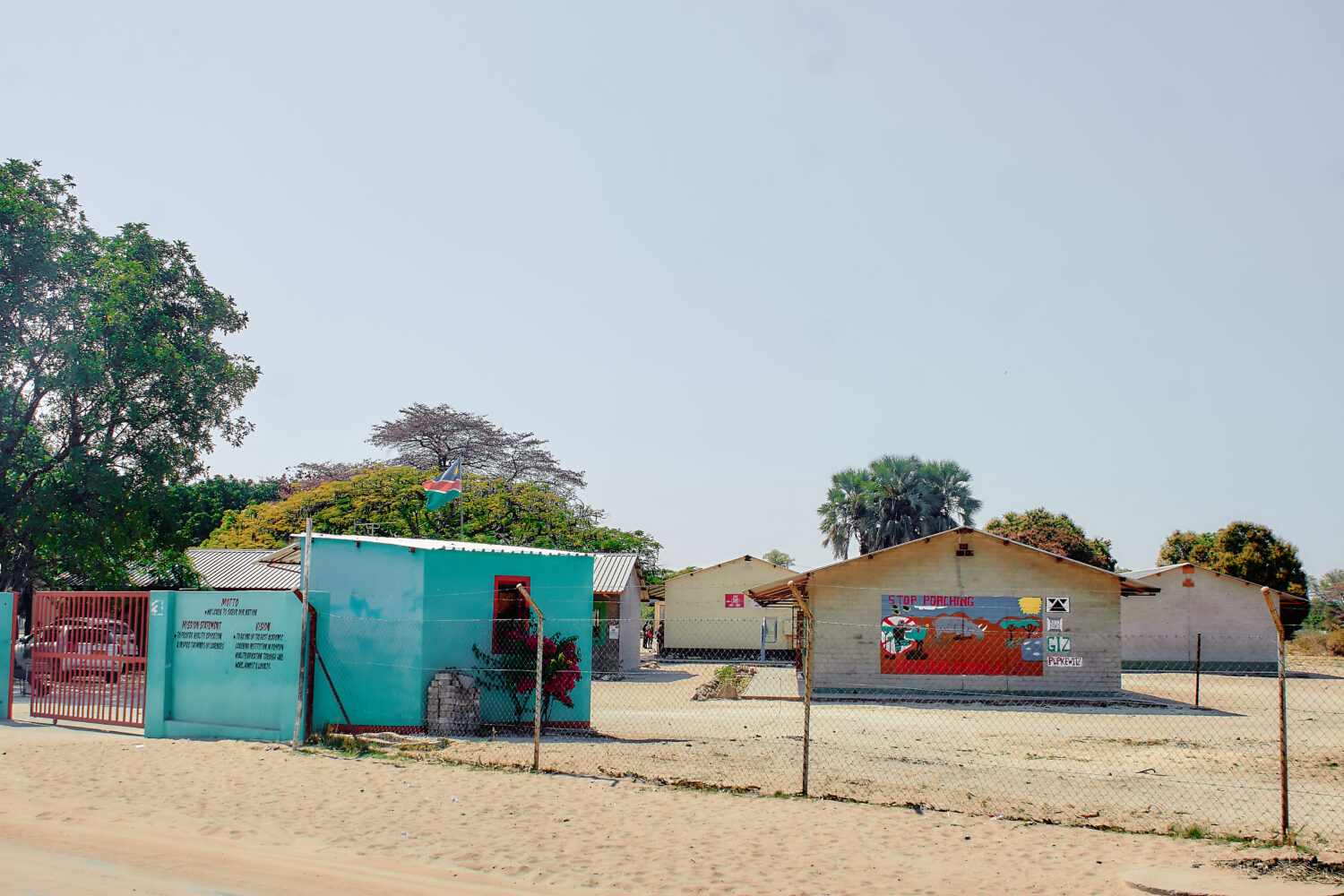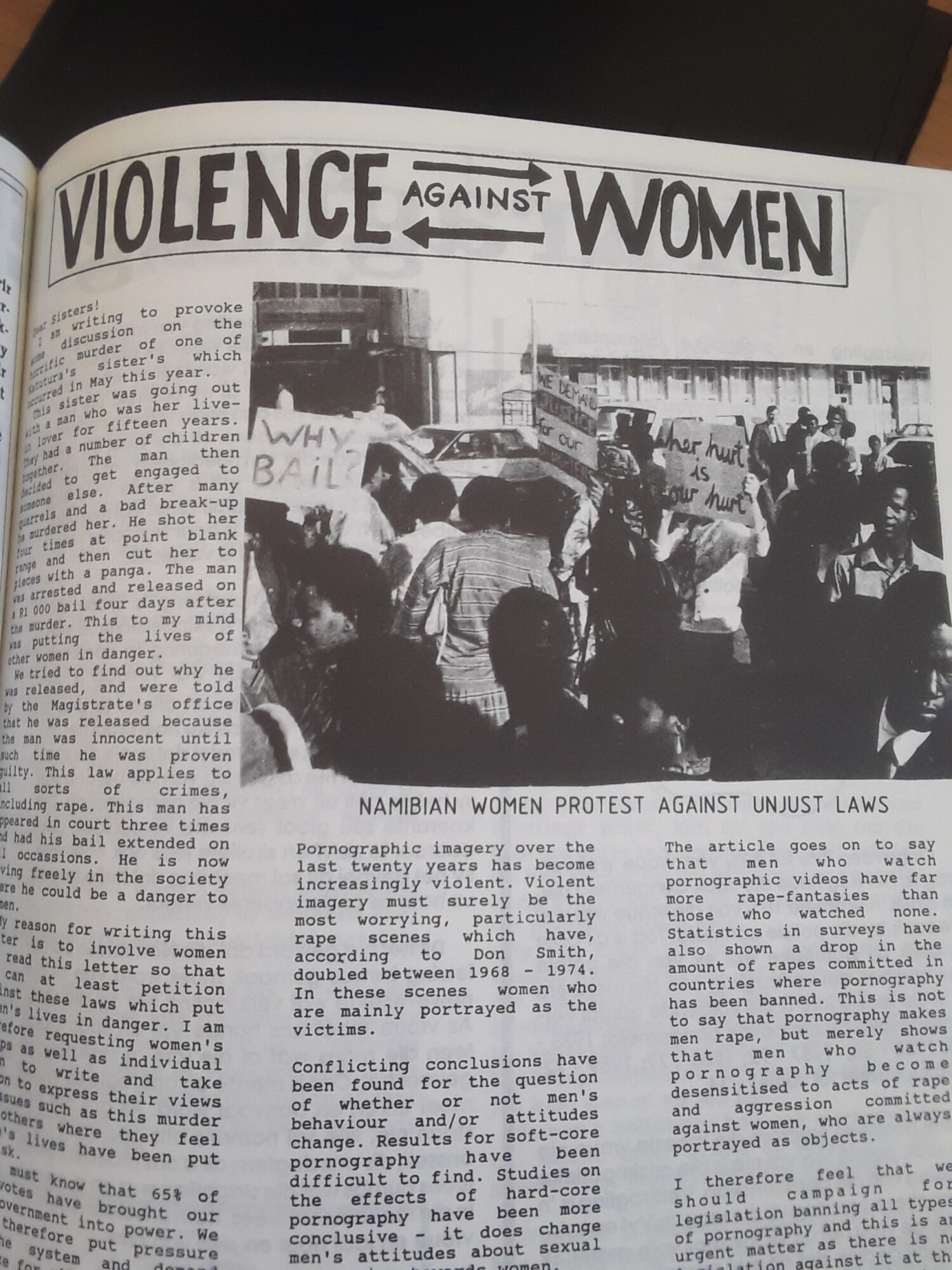Amara Evering “For Ama” is an immersive Namibian storytelling series that explores the topic of healing through different women’s life stories and experiences. The series addresses the topic of healing through various life stories, from elders to young women and women from different economic and cultural backgrounds. We have so much to learn from each other’s stories. “For Ama” is now available on all platforms! Listen to a new story every Monday… Keep Reading
![[PODCAST] For Ama: A Namibian Storytelling Series](https://sisternamibia.org/wp-content/uploads/2023/02/AMA_COVER-1500x1500.jpeg)
